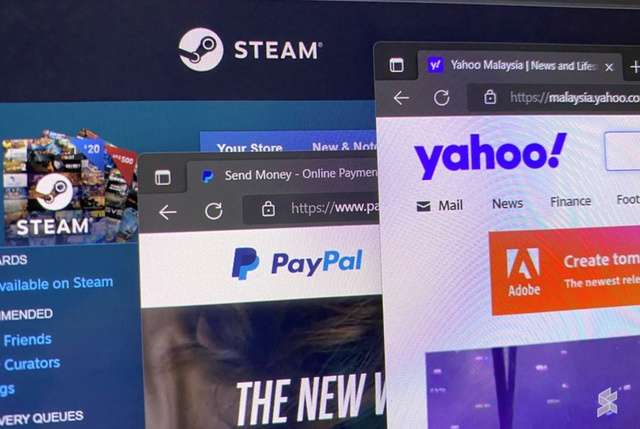Yahoo and Paypal Blocked in Indonesia Over Failure to Comply With License Rule

In Indonesia, the government blocked Yahoo and PayPal over a failure to comply with a license rule, citing security concerns. Despite numerous last-minute filings by US companies, the government was ultimately able to block these sites, and people now have 30 days to migrate to another service. The blocking of sites is a clear sign that the Indonesian government feels the need to control foreign tech companies to curb dissent in the country.
The new rules came into effect on July 30 and will require platforms to register with the country’s database by late November 2020. They will grant authorities broad powers to remove content and compel platforms to provide data about specific users. Several tech companies rushed to register before the deadline, but the government eventually extended the deadline until Friday. While this may seem drastic, the implications of this move are far-reaching.
While the Indonesian government defended the decision by saying that the new law is for the protection of the digital ecosystem and internet users, the blocking has raised several questions. Is it really a good idea to shut down sites and essentially censor the internet? Does it make sense to block such sites and their users in Indonesia? There are plenty of other ways to use the internet, and allowing Indonesian citizens to access them is a crucial step.
The governing body has been slow to act on the licensing rule, but there are some signs of hope. Regulatory reforms are underway, including banning e-cigarettes and prohibiting e-cigarettes, but the licensing system is still being rolled out. Many analysts say this will benefit businesses and consumers alike. Fortunately, the government knows who to contact when bad things happen.
Despite the recent censorship of these companies, a few other online platforms have yet to be blocked in the country. Alphabet Inc.’s Google and Facebook rushed to register before the deadline passed. The ministry of communications warned against blocking websites without registration. On Monday, more than 5,900 domestic and foreign companies had registered, including TikTok, Spotify, Twitter, and Instagram, which are all owned by Alpha Inc.
The decision to block websites based on license rules will have ramifications for both the tech industry and the internet users of Indonesia. Despite the fact that the country has a significant internet population, the ban will most likely affect popular games like Counter-Strike, DOTA 2, and Origin. A recent report from Statista suggests that Indonesia is home to 191 million social-media users, making it a vital market for most tech companies and platforms.
